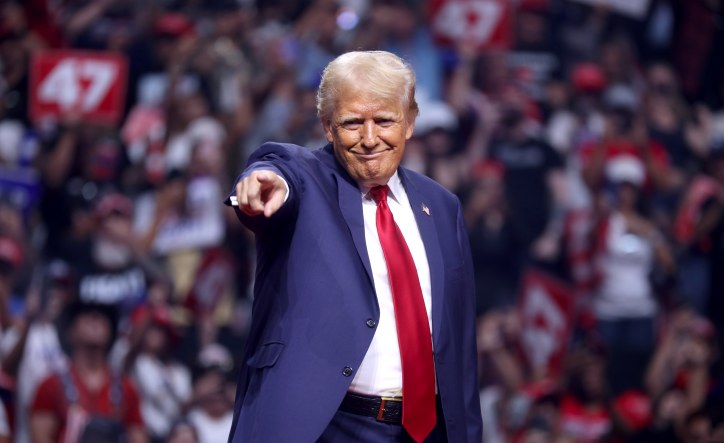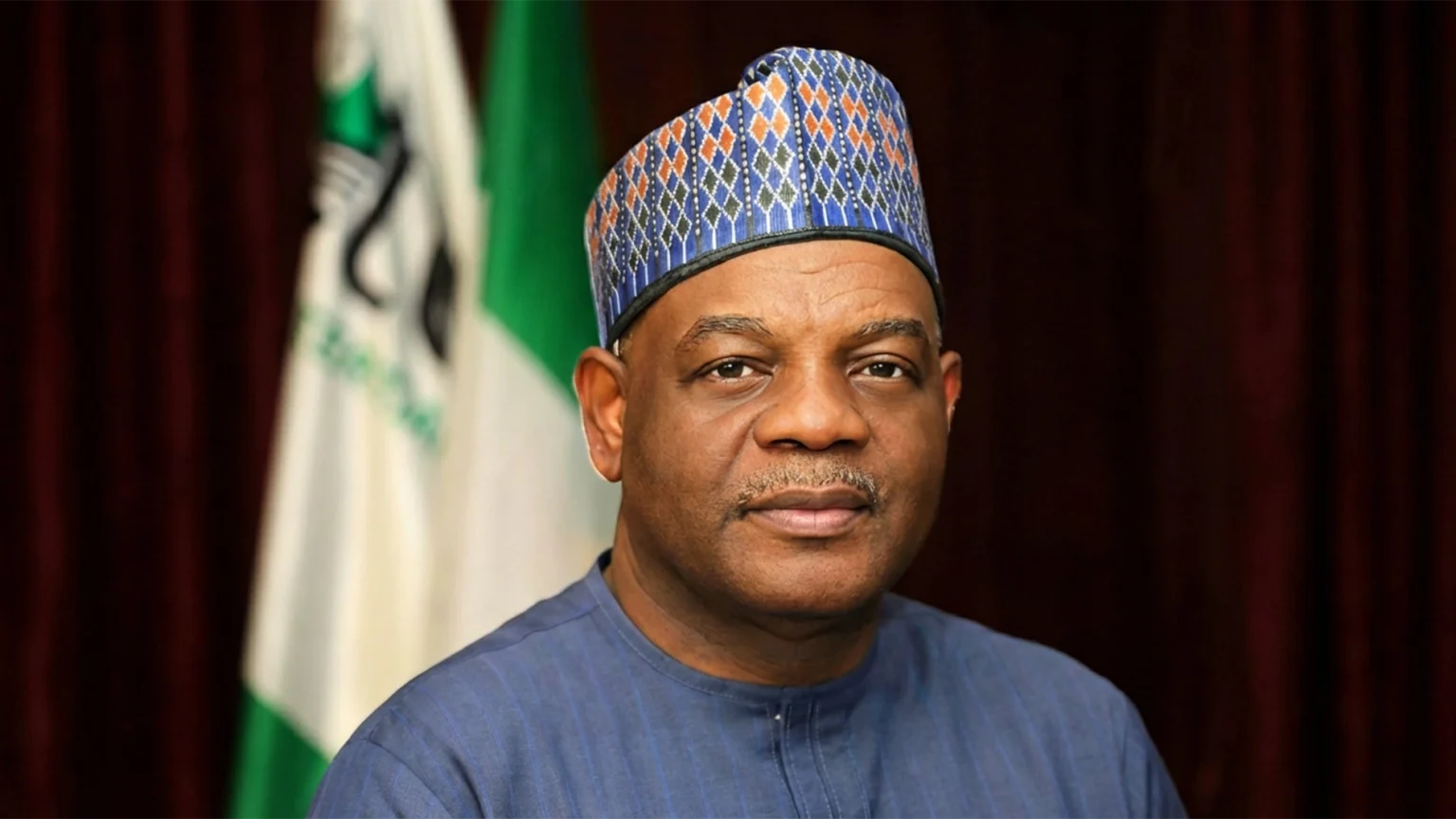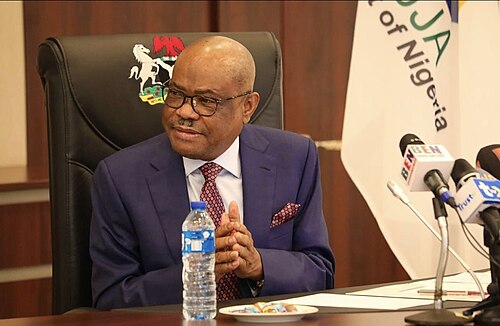On January 20, 2025, shortly after his inauguration, President Donald Trump signed a series of executive orders signaling significant shifts in U.S. policy on global health and climate. Among his first actions, Trump announced the United States’ withdrawal from the World Health Organization (WHO) and the Paris Climate Accord. These moves, echoing key themes of his 2024 campaign, have sparked widespread international concern and criticism over their potential long-term impact on global health and climate change efforts.
In his announcement to exit the WHO, Trump accused the U.N. health agency of inefficiency and political bias, claiming the U.S. had been unfairly burdened with funding responsibilities. “World Health ripped us off; everybody rips off the United States. It’s not going to happen anymore,” Trump declared while signing the executive order. The United States, the WHO’s largest donor, contributed $1.284 billion—or 18% of its 2022–2023 budget. Trump directed U.S. agencies to halt funding to the WHO and to identify alternative partners for handling global health initiatives.
The decision, which will take effect one year after the U.N. receives formal notice, leaves the WHO with a significant financial shortfall. WHO spokesperson Tarik Jasarevic expressed deep regret, emphasizing the longstanding partnership between the U.S. and the agency. “Together, we ended smallpox, and together we have brought polio to the brink of eradication,” he said, adding that the WHO hopes the U.S. will reconsider its decision for the benefit of global health.
The United States played a pivotal role in the WHO’s efforts to address global health crises, including Ebola, polio, and HIV. Beyond direct contributions, the U.S. supported the WHO’s ability to operate in conflict zones like Gaza, Yemen, Afghanistan, and Sudan, providing aid to the most vulnerable populations. Jens Laerke, spokesperson for the U.N.’s Office for the Coordination of Humanitarian Affairs, underscored the indispensable role of the WHO. “The world lives longer, healthier, perhaps a little bit happier because of WHO, which goes to places where others cannot go,” he said.
Critics of the withdrawal warn that it could jeopardize the U.S.’s ability to monitor and respond to global health threats. Lawrence Gostin, a professor of public health law at Georgetown University, argued that the move could isolate the U.S. from critical epidemic surveillance data. “Instead of being the first to receive vaccines, we will be at the back of the line,” he wrote. Former health official Tom Frieden echoed similar concerns, stating, “We cannot make WHO more effective by walking away from it. The decision weakens America’s influence, increases the risk of a deadly pandemic, and makes all of us less safe.”
In addition to exiting the WHO, Trump reaffirmed his administration’s rejection of the Paris Climate Accord, marking the second U.S. withdrawal from the landmark 2015 agreement. The Paris Accord, adopted by nearly all nations, aims to limit global warming to well below 2°C above pre-industrial levels. Trump framed the decision as protecting U.S. sovereignty and economic interests. “The Paris Agreement is unfair to America and benefits other countries at our expense,” he argued.

The international community reacted with alarm. António Guterres, U.N. Secretary-General, described the U.S. withdrawal as a “major disappointment” and emphasized the need for global cooperation to combat climate change. “It is crucial that the United States remains a leader on environmental issues,” he stated, warning that the next decade is critical for addressing the climate crisis.
The World Meteorological Organization (WMO) highlighted the escalating consequences of global warming. A recent WMO report revealed that the last decade was the hottest in recorded history, with 2024 breaking records at 1.55°C above pre-industrial levels. Clare Nullis, WMO spokesperson, linked the intensifying frequency of extreme weather events to climate change. “Every fraction of a degree of global warming has an impact on our economies and our lives,” she said, adding that the U.S. bears the brunt of climate-related economic losses.
According to data from USAFacts, 40% of billion-dollar climate events in the U.S. since 1980 have occurred between 2017 and 2023. The ongoing Los Angeles wildfires, described as the costliest disaster in U.S. history, underscore the urgent need for climate action. Nullis acknowledged that not all weather-related disasters are directly linked to climate change but emphasized that it acts as an aggravating factor, making extreme weather more severe and frequent. “The need for the Paris Agreement is pretty obvious,” she concluded.
The dual withdrawals from the WHO and the Paris Climate Accord have drawn widespread criticism from international leaders, public health experts, and environmental advocates. The European Union voiced concern, warning that these decisions could undermine global efforts to address pandemics and climate change. “If we want to be resilient to global health threats, we need to have global cooperation,” said Eva Hrncirova, a spokesperson for the European Commission.
China, often at odds with U.S. policies, pledged to continue its commitments to both the WHO and the Paris Accord. “China will, as always, support the WHO in fulfilling its responsibilities… and work towards building a shared community of health for humanity,” said Chinese foreign ministry spokesperson Guo Jiakun. On climate change, Guo reiterated China’s dedication to global cooperation, stating, “No country can remain unaffected or solve the problem on its own.”
Domestically, Trump’s decisions have sparked debate. Supporters argue that withdrawing from international agreements aligns with his “America First” agenda, prioritizing national interests over global obligations. However, critics warn that these moves could isolate the U.S. on the world stage and erode its leadership in critical areas like health and climate policy.
Environmental and public health experts have expressed particular concern over the potential long-term consequences. Tom Frieden cautioned that abandoning the WHO would increase the risk of global pandemics, while Gostin warned of the U.S. losing its competitive edge in vaccine development and epidemic preparedness. On the climate front, experts fear that the lack of U.S. participation in the Paris Accord could hinder global progress in reducing greenhouse gas emissions.

The financial implications of these decisions are significant. The U.S.’s withdrawal from the WHO leaves a substantial funding gap for the organization, which relies heavily on voluntary contributions. Membership dues accounted for only 12% of the WHO’s 2022–2023 budget, with the remaining funds coming from earmarked donations. Efforts to increase membership dues to cover 50% of the budget by 2030 may face additional challenges without U.S. support.
Similarly, the Paris Climate Accord’s success depends on collective action. The U.N. has highlighted the economic opportunities associated with transitioning to renewable energy, including job creation and sustainable growth. The Secretary-General expressed hope that U.S. cities, states, and businesses would continue to demonstrate leadership despite the federal government’s withdrawal.
As the U.S. formally begins the process of exiting the WHO and the Paris Climate Accord, the international community remains hopeful for a potential reversal. The WHO has emphasized its willingness to maintain collaboration with the U.S., while the Paris Accord’s framework allows for reentry at any time. The decisions underscore the growing tension between nationalist policies and the need for global cooperation to address shared challenges.
In a world increasingly interconnected by health and environmental crises, experts and leaders argue that collaboration, not isolation, is the path forward. As Clare Nullis aptly stated, “Climate change and global health are challenges that no country can face alone. The need for unity is greater than ever.”
Sources




